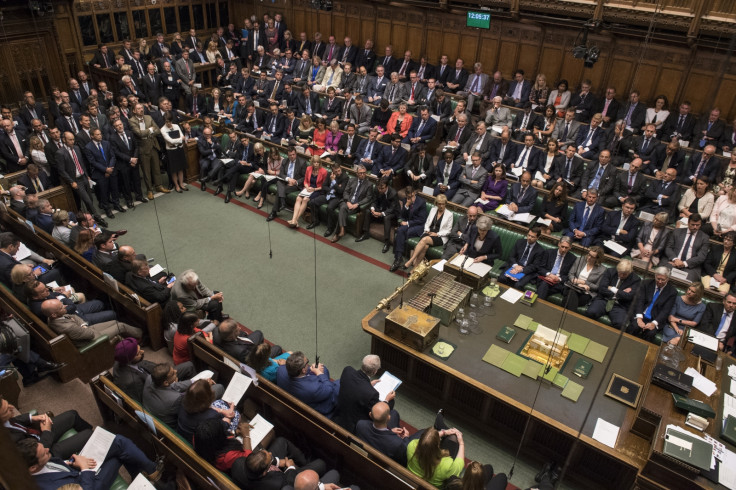Brexit: MPs wave through EU Withdrawal Bill in crucial parliament vote
The repeal bill was a key parliamentary test for Brexit.
The UK government has won a vote on the EU Withdrawal Bill with 326 MPs voting in favour and 290 against. There will be sighs of relief within the government that the bill passed its second reading which now means it goes through to the committee stage.
The vote was seen as the first parliamentary test of the two-year Brexit timetable. The UK must leave the jurisdiction of EU law by March 2019, when it formally exits. Previously known as the Great Repeal Bill, the EU Withdrawal Bill will convert all existing EU laws into UK law.
Critics of the bill say it amounts to a "power grab" by the government because ministers could change laws without consulting other MPs. Ministers have said there would be safeguards over the use of new powers.
These included limiting delegated powers, giving parliament the final vote on the EU withdrawal agreement and restoring the EU Charter of Fundamental Rights. In a statement, Prime Minister Theresa May said that parliament had taken a "historic" decision.
"Although there is more to do, this decision means we can move on with negotiations with solid foundations and we continue to encourage MPs from all parts of the UK to work together in support of this vital piece of legislation," she said.
Labour mostly voted against the bill although there were seven MPs who defied the leader Jeremy Corbyn's order to oppose it. They were Ronnie Campbell, Frank Field, Kate Hoey, Kelvin Hopkins, John Mann, Dennis Skinner and Graham Stringer.
Labour's shadow Brexit secretary, Keir Starmer, said the result was "deeply disappointing" and an "affront to parliamentary democracy" and insisted his party would seek to amend and remove the "worst aspects from the Bill" as it passes through parliament.
"It leaves rights unprotected, it silences Parliament on key decisions and undermines the devolution settlement. It will make the Brexit process more uncertain, and lead to division and chaos when we need unity and clarity."

© Copyright IBTimes 2025. All rights reserved.





















